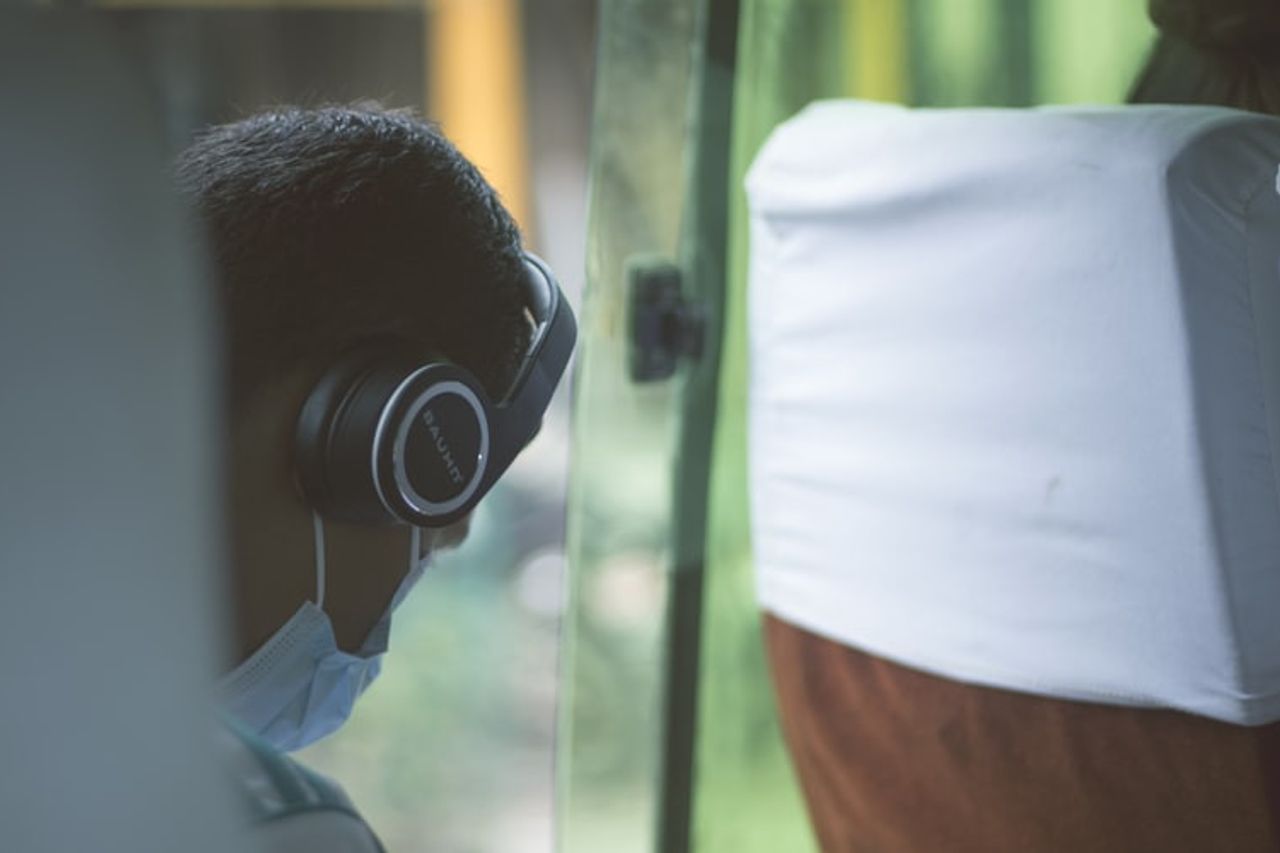How Two COVID-19 'Zero Case' Countries Safeguard Boundaries

JAKARTA - As the number of COVID-19 cases surged in Southeast Asia, Myanmar and Laos reported that so far they have not found a single case. This is astonishing, given that the two countries share a sizeable border with China, where the outbreak started.
Both countries say all those suspected of having COVID-19 so far have tested negative. However, their access to testing equipment is actually limited, carrying out only about 300 tests for a population of 60 million people.
Although the cases of COVID-19 in both countries are still zero, both Laos and Myanmar have closed their borders. School closure and hospital preparedness policies have also been implemented.
Dr Reiko Tsuyuoka, head of the World Health Organization's (WHO) health emergency program in Laos, said he hoped that even if there were cases of COVID-19, it could be detected as soon as possible. If it is caught early on, the spread will be automatically suppressed.
With WHO assistance, the Lao Ministry of Health has developed a strong system to detect and respond to health threats. "We have good laboratories and a network of trained epidemiologists throughout the country," said Dr Reiko Tsuyuoka.
Laos has also tested nearly a hundred people for COVID-19. "Health authorities here are taking a targeted approach to testing, as the country's stock of testing kits is very limited at the moment," he added.
WHO has helped prepare protective equipment for Laos for health workers. They donated new ventilators and laboratory equipment and launched a public awareness campaign.
Quoted from The Straits Times, Monday, March 23, 2020, Laos has also closed all schools and entertainment venues, and designated 14-day quarantine areas for migrants from high-risk countries. The country has also revoked visa exemptions.
Meanwhile, in Myanmar, 175 people suspected of having COVID-19 were screened as of Thursday 19 March evening. The test results of 157 people have tested negative and the results for another 18 are awaiting.
Myanmar Ministry of Health spokesman Dr Khin Khin Gyi stressed that Myanmar had not yet been confirmed that any death was caused by COVID-19. The Myanmar government also banned Thingyan celebrations or New Year's celebrations in April to limit the risk of spreading the virus from such mass gatherings.
Myanmar's de facto leader Aung San Suu Kyi has also been criticized for meeting hundreds of people during a tour of the country's ethnic minority areas. "We know that our country can have COVID-19 at any time," said Dr Khin Khin Gyi.
"We have checked the people who came through the airport. We have checked the people who came through the border. We have not found it (COVID-19) so far, but we are still preparing." said Dr Khin Khin Gyi.
The 2,200-kilometer Myanmar-China border is teeming with armed groups far from central government control. Given the continuing military clashes with rebel groups such as the Arakan army in Rakhine State, there are concerns about what could happen should the virus start infecting thousands of displaced villagers with little access to health care.
Apart from that, Myanmar is also obliged to keep an eye on its citizens returning from other countries who are returning home for the New Year celebrations. An estimated three million Myanmar nationals work in neighboring Thailand, where there are 599 confirmed cases of COVID-19.
